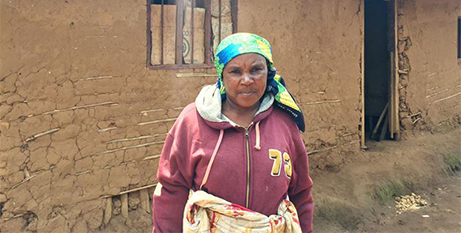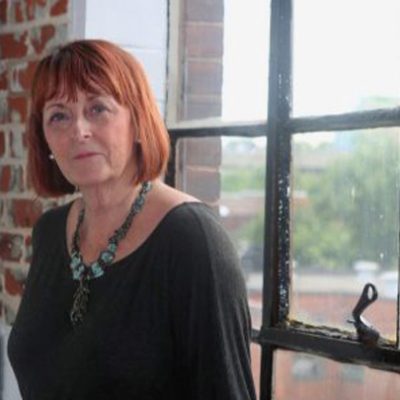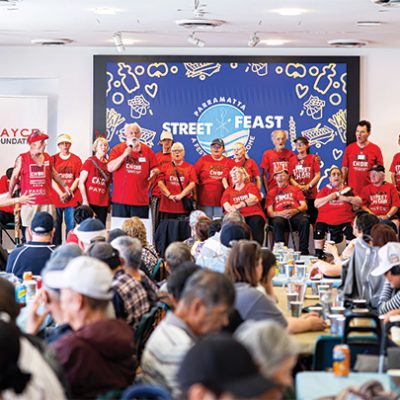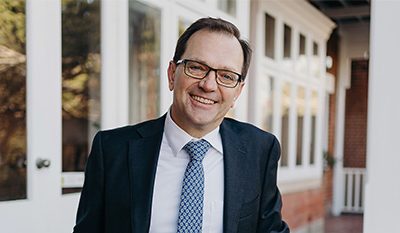
World Day of the Poor was marked yesterday. It deserves special attention because, as we all know, the rich get 364 days. There is just one for the poor, writes Michael McGirr. Source: Eureka Street.
Caritas Australia, where I work, does not always use the word poor as it can be disabling and dismissive. Sensitivity to language is part of the subtlety of our work. Language both shapes and reflects attitudes.
When I started at Caritas a little less than two years ago, I had a two-dimensional knowledge of what the agency does. I associated it mainly with Project Compassion and had done my share of urging people to put money in those little boxes during Lent. More recently, I have been on a steep learning curve, not least about the diversity of what we do and, just as important, how we do it. Numbers are one thing. In the last financial year, Caritas Australia directly reached hundreds of thousands of people across 32 countries.
Stories are better. This year, to take a single example, I became aware of Kaswera, who lives in the Democratic Republic of Congo. She is 55 and has nine children. Her husband is too sick to work full-time. Her house is in danger of collapse and there has been little money to buy food let along get the children to school.
aswera says that one of the dangers she experienced was that because she was considered “poor” she was very much underestimated. Caritas Australia has supported projects in her region based on what is known as Asset Based Community Led Development. Kaswera received training in agriculture and also participated in a program that helped explore models of positive masculinity, providing tools for averting domestic violence. She commented that as things began to improve, she was held in greater esteem by both her children and husband. As a result, she was able to expect more help from her partner.
As a former teacher, I am aware of the way in which people grow into your expectations of them. If you treat somebody as dependent, that is what they become. If you treat them as unreliable, they become even more unreliable. On the other hand, if somebody experiences hope, they just grow. Kaswera, in her own words, is confident not just that her situation is changing but that she is changing it.
Michael McGirr is Mission Facilitator at Caritas Australia.
FULL STORY
Why we need a special day to see the poor (Eureka Street)






